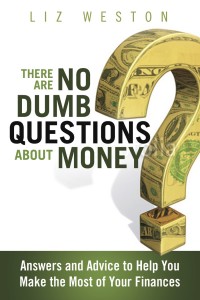 Old folks can offer wisdom about many things, but you might not want to trust them when it comes to 21st century economics.
Old folks can offer wisdom about many things, but you might not want to trust them when it comes to 21st century economics.
I’m hearing too many older people espouse the view that college degrees aren’t as valuable these days because more people have them. They need an Econ 101 review. It’s true that the price or value of something may drop if the supply increases—but only if the demand for that thing does not increase as well.
In the case of college degrees, demand has risen dramatically. Part of that is because so many jobs that didn’t require degrees have been made obsolete by technology or been outsourced overseas. (When Grandpa says he knows lots of people who made good livings without post-high-school training, ask him what they did—and if those factories and union jobs still exist.)
But employers are pickier as well, using college degrees as a screening device for jobs that in the past didn’t require them.
It’s true that incomes for college graduates dropped during recent economic hard times and unemployment rose. But the situation was a lot worse for folks without a college degree, according to a Pew Charitable Trust report released yesterday.
Back to supply and demand: The demand for post-secondary educations helped push up the net cost of college during the 2000s. The College Board says the net price of college tuition (the sticker price minus financial aid) rose 75% between 2002 and 2011.
But now demand seems to be softening, according to a Moody’s Investor Service report, thanks to a tough economy and a smaller pool of high school students. As a result, more schools are freezing tuition costs or at least holding down the increases and offering more financial aid. That’s good news for those heading off to college in coming years.
None of this means a college degree is worth any price. Too many families are overdosing on debt to get educations they really can’t afford. Getting a good value also requires college students to pick their majors carefully, since some degrees are worth a lot more than others.
But college degrees are and will remain all but essential in the 21st century if you want to get ahead financial, or even just remain in the middle class. That wasn’t true in Grandpa’s day, but it’s true now.




